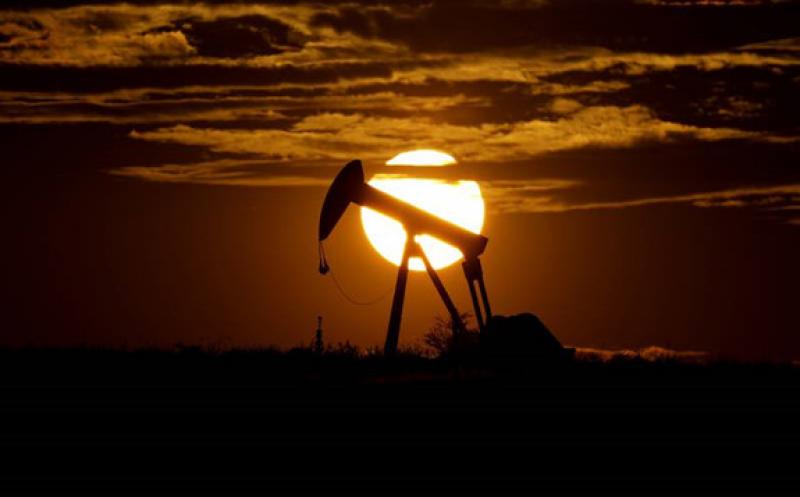Opec+ is set to meet on Thursday amid calls for the alliance of producers to help bring down oil prices that have hit multi-year highs.

The meeting comes at a time when global supplies are constrained while demand is rising as developed economies rebound faster than expected from the coronavirus-induced slowdown.
Opec+ led by Saudi Arabia and Russia may consider raising supply when it convenes for a ministerial session.
The alliance of producers will review an earlier plan to bring back 2 million barrels per day to the market by the end of the year.
So far, the energy bloc has raised supply in increments of 400,000 bpd but may consider a higher volume of increase after facing pressure from the US and crucial oil consumers to flatten prices.
Oil prices have surged this year as economies improve after Covid-19 lockdowns, with borders reopening and mobility restrictions being eased.
Air travel and ground transport have resumed, placing greater demand on crude and related products.
However, supply chains disrupted by the pandemic have not fully been restored and the energy industry continues to struggle with underinvestment.
These factors have pushed the price of Brent to three-year highs in recent weeks, with West Texas Intermediate, the main US benchmark, rising to seven-year highs.
Brent is up about 62 per cent this year while WTI is up about 71 per cent. Natural gas, which is linked to the price of crude, has also rallied this year and is up 78 per cent so far.
Brent fell 1.59 per cent to trade at $83.37 a barrel at 12.05pm UAE time on Wednesday. WTI fell 1.74 per cent to trade at $82.45 a barrel.
Opec+ is under pressure from Washington, with US Energy Secretary Jennifer Granholm blaming the alliance for the recent surge in higher oil prices.
US President Joe Biden has also called on the group to do more to contain the rally in commodity prices.
The group has not publicly responded to the comments by Mr Biden and Ms Granholm.
Kuwait and Iraq have both dismissed requests by the US to increase supply while Saudi Arabia continues to maintain that the market is well supplied.
"I do not believe Opec+ will succumb to pressure and raise production quotas by more than the previously agreed 400,000 barrels," said Jeffrey Halley, senior market analyst for the Asia-Pacific region at Oanda.
"They have surprised markets before. If they do raise production, the knee-jerk sell-off could see oil fall by up to 10 per cent."
The US pressure on Opec+ also runs counter to its efforts to establish itself in a leadership position at the ongoing Cop26 summit in Glasgow.
"The optics of calling on oil-exporting economies to increase production also runs at odds with US efforts to reclaim leadership of global climate change policy," senior director of market economics at Emirates NBD said in a note on Wednesday.
"The solution for the energy market shortages — not caused by oil markets initially — will be addressed in the near term by relying on precisely the kind of fuels that international leaders and climate activists are pushing against — namely coal, natural gas, and oil."
At the meeting, Opec+ would also need to factor in the possibility of a much colder winter in the Northern Hemisphere, which could drive the rally and push Brent to above $100.
Policy organisations such as the International Energy Agency believe demand will rise by 500,000 bpd as a result of the current shortage across global markets.
The group is also keeping a close eye on the possiblee return of Iranian barrels as talks with Tehran and the international community regarding the nuclear deal are set to resume this month.
On Tuesday, Bank of America said high oil prices look set to continue well into 2023, with the average price of Brent forecast to continue trading above $80 a barrel.
The lender expects Brent to average $85 a barrel in 2022 and $82 a barrel in 2023. WTI is projected to trade at $75 and $70 a barrel in 2022 and 2023, BofA said.
Emirates NBD said it expects to see Opec+ members remain in favour of keeping oil markets tight.
"We remain of the view that oil prices will stay high until the end of 2021 and likely bleed into the early parts of next year."